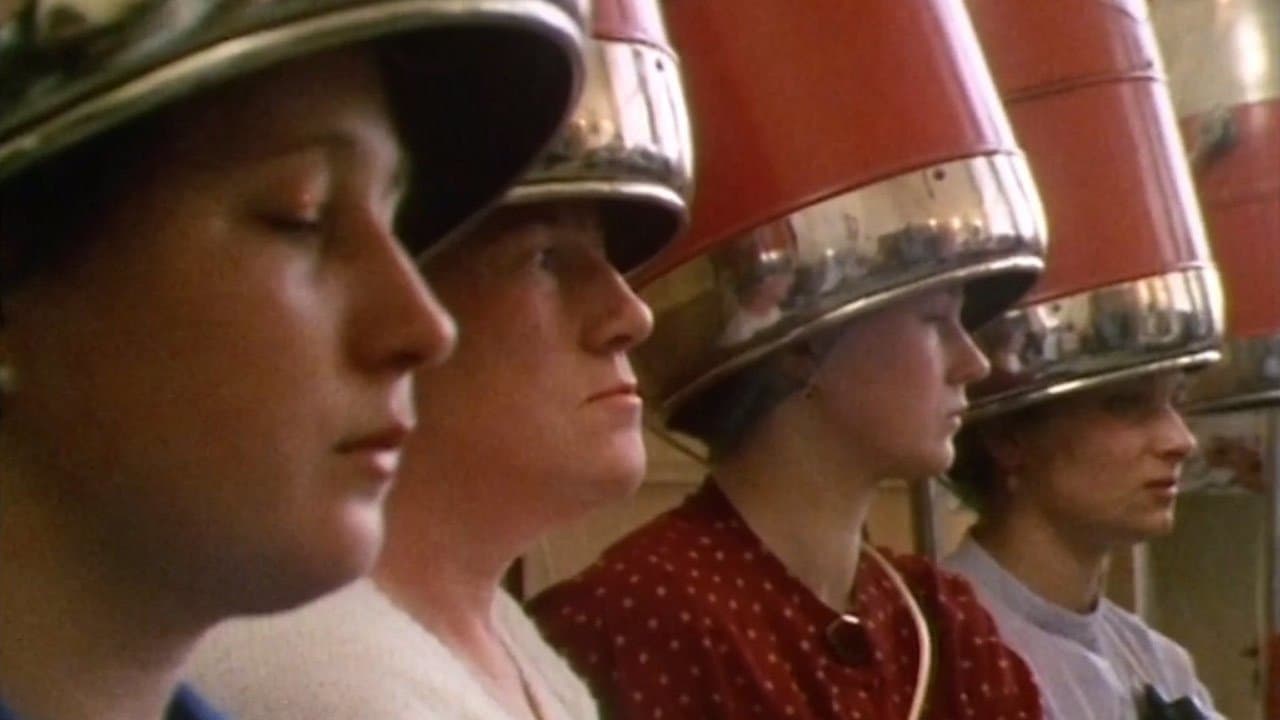



Please don't spend money on this.
Absolutely amazing
This is a gorgeous movie made by a gorgeous spirit.
View MoreI enjoyed watching this film and would recommend other to give it a try , (as I am) but this movie, although enjoyable to watch due to the better than average acting fails to add anything new to its storyline that is all too familiar to these types of movies.
View MoreThis is a documentary that people need to watch. It's informative in a way I have never seen on TV before and will help people of all political divides to make their minds up as to weather their political beliefs are accurate.From other reviews you will gather that it is about politics, money, power, The West, the Middle East, and how politicians are trying to re-establish some form of control by lying to you.My review is to encourage you to watch this because of the future of the internet. INFORMATION IS POWER. Today questions are being put forward in parliament about how to control the internet - this documentary will both inform you about how important this is and possibly scare you about who might be setting the controls.
View MoreAdam Curtis is a master at great montage, using music, images, and hysterical narration to illustrate points that are often valid but sometimes boldly deceptive and downright misguided."HyperNormalisation" is one of the best of examples of both the good and bad of Curtis' documentaries. Parts about the manipulation of popular perceptions by politicians and corporations are effective and make great sense. One of the best moments is when Curtis juxtaposes the assassination of Romania's Mr. and Mrs. Nicolae Ceaușescu with images from Jane Fonda's workout video, illustrating how the old world of the Cold War was being replaced by a new one, where individuals are distracted by trivia, and where new enemies either emerge or are created.The tension builds as Colonel Qaddafi gets remolded from an international pariah into a temporary good guy -- only to be vilified once again and killed. The problem with the film really starts here: nowhere does Curtis stress that Obama and Hillary were in charge at the time of this hypocritical about-face. Hillary's infamous "We came, we saw, he died" remark would have added so much more power to Curtis' point and to his narrative. And it would have made him seem much more evenhanded in his judgments.This film came out, however, just when Donald Trump won the Republican Presidential nomination. And by the tone Curtis takes when speaking of Trump, viewers can assume Curtis favored Hillary's victory. So, he appears to have manipulated his film with the pending U.S. election in mind.Reagan and George W. are generously faulted throughout the film for their roles in international mischief, but the slight presence of Obama and Hillary, and the continual castigation of Trump (who was yet to prove himself on the political stage) makes this film -- despite its many poignant moments -- an ultimate failure. Curtis is himself guilty of the "perception management" that he tries to fault throughout.
View More*SPOILER ALERT* First off, I would start by saying I am generally a huge fan of Mr Curtis' work; The Century of the Self series was brilliant and The Mayfair Set almost as good. However, HyperNormalisation is quite different.Mr Curtis covers a lot of different topics in this film. He starts with New York's near bankruptcy in the 1970's and the bankers effectively dictating to the politicians what cuts to make to public services, before briefly mentioning the hippies of the 1960's and their giving up on trying to change the world in the 1970's, before jumping off to talk about Syria in the 1970's. This is common throughout the film. Mr Curtis talks about one particular topic, make a few points then jumps off to talk about another, seemingly completely unrelated topic.When you watch HyperNormalisation you find yourself asking, "Are you making an argument or a just suggestion?" and then find you do not have an answer to that question.He covers a lot of different topics. Timothy Leary and LSD in the 1960's, the dawn of so-called "cyberspace" in the 1990's (the internet to you or I), the history of suicide bombings in the Middle East, Lebanon, the Iran-Iraq War, Libya, Colonel Gaddafi, Hamas, (the non-existent) WMD's, the overthrow of Saddam Hussein and Gaddafi, the Arab Spring, Facebook, news-generating algorithms, BlackRock, Soviet science fiction writers, the rise of Trump, it's all there, being jumped to, back and forth.The ending is particularly poor and the point he makes is almost so subtle that you only understand it after mulling it over. He makes his final point by reference to a scene in the film Carrie, which no one will understand unless they have seen the film, and with reference to a tearful women, who oozes condescension, complaining about Brexit. Even then, the point he is making is very vague.In the end, it's all just a bit of a mess. What's sad is that Mr Curtis is trying to explain the world and it's future yet watching HyperNormalisation you are left with the impression that he no longer understands it himself.
View MoreHyperNormalisation: To Trump, or not to Trump? awkwardvoiceblog.wordpress.com/2016/10/19/to-trump-or-not-to-trump/Excerpt: "Democracy is, in fact, Plutocracy, a farce, an anti-democratic system that serves corporate power structures, at the expense of the ninety nine percent. Love, reduced, hallowed out, and in 21st century terms, is tantamount to nothing more than something Facebook users and Instagram users share in cyberspace. Music has become the echo-chamber of decadent values, a place where we can hear, and see, the most narcissistic interpretations of reality reflected back at us in repetitive sounds, and, of course, in images of half naked, half drugged, hammer-licking pop stars. It all smacks of a forgery, hinted at by Curtis, which severely saturates our everyday lives. Yet, do not do despair! Because through this weird and terrible, contradictory barrage of information and images, we occasionally encounter hidden gems, in this instance, the works of Curtis."
View More